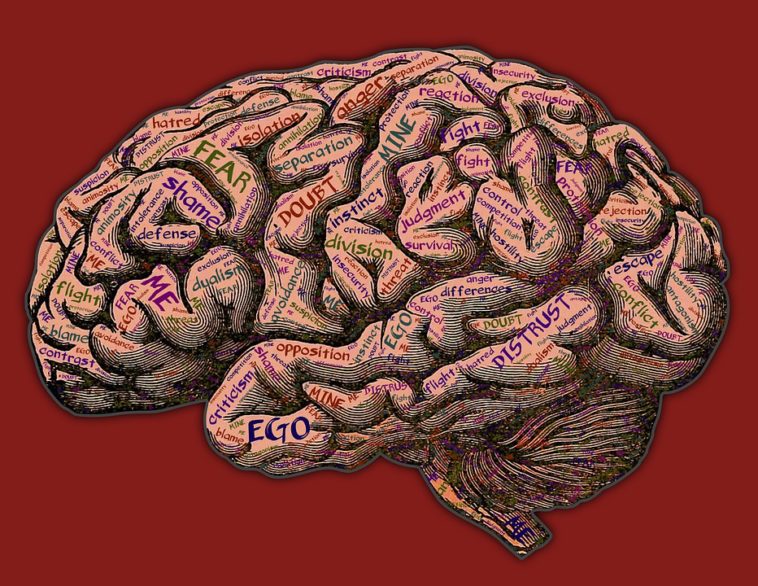On December 15, 2017, the Society for Justice and National Unity (SoJNU) – a national think-tank composed of public-interested Ugandans – held a symposium on ‘The political and economic consequences of presidentialism in Africa: Lessons from Uganda’.
After a stimulating presentation from Prof Frederick Jjuuko and passionate insights from the discussants, there were heated responses from the audience – most of which lashed at Prof Tarsis Kabwegyere (one of the discussants) for some typically blunt and careless submissions in defence of the status quo.
There was one particular insight from Amanya Mushega, who had been seated indistinctly among the audience, that sent me reflecting more on a suspicion I have held for a while now.
He contrasted obsession with power to alcoholism. In his view, the former is worse than the latter. For alcoholics, there are intervals of being drunk and being sober, but obsession with power only grows. Should we compare it to drunkenness, then it is a state of permanent drunkenness.
He further suggested that some of the power-obsessed leaders could be suffering from what behavioural psychologists call the ‘hubris syndrome’. In my reading about personality disorders, I had not come across this one. My suspicion rotated around the Histrionic and narcissistic personality disorders.
Our daily social interactions indicate that, in one way or another, many of us suffer from psychological disorders that are not acknowledged for what they are. In a society where health is generally treated as an appendix, you don’t expect mental health to find worthwhile attention.
It is only when a person starts throwing stuff, dressing in dirty rags, stripping naked, or talking unintelligibly to themselves that our attention is drawn to them and we acknowledge their mental sickness. Yet even with such symptoms, we are not always moved into action – hence the many that roam our streets without help. In any case, Butabika hospital lacks the capacity to attend to all mental cases in Uganda, yet I doubt we have reliable public alternatives.
Consequently, many people with potentially harmful untreated personality disorders are in hospitals treating us, in class teaching, in the police, in the army, and in high positions of national leadership.
Of course, like any other sick person, mentally sick people should not be stigmatised for their predicament. I understand that stigma around the sickness is one of the reasons many refuse psychiatric help.
Partly in result to this, cases of denial are high. This added to more cases of anosognosia – ‘denial of sickness, sometimes due to genuine inability to recognise that the problem exists’.
The dilemma then is sometimes in persuading a person who is convinced to be fine to seek psychiatric help. Some deontological ethicists may argue, on the basis of the principle of autonomy, that a patient is free to seek, select, or decline treatment on account of their own estimation of appropriateness.
But we also notice that in some cases, one’s right to accept medical treatment or not comes into conflict with other important utilitarian principles, especially the protection of others from harm. This is the basis of my suggestion for compulsory and regular psychiatric checks for all people vying for or to be appointed into crucial public offices (which we can define).
Otherwise, we shall witness more of the shocking things that are happening in our society today. In many cases, it is due to sheer lack of integrity (poor upbringing), but there are also many indications to suggest personality disorders.
A study of US presidents and UK prime ministers over 100 years by David Owen and Jonathan Davidson in Oxford’s Journal of Neurology showed that some actually suffered from the hubris syndrome. Other biographical studies have showed that Adolf Hitler, Benito Mussolini, Joseph Stalin, and China’s Mao Zedong suffered from the same. Mussolini and Mao are said to have had bipolar disorders as well.
Explanations of the hubris personality disorder indicate that it could be worse in some African contexts. According to Owen and Davidson, hubris syndrome is “a disorder of the possession of power, particularly power which has been associated with ‘overwhelming success’, held for a period of years and with minimal constraint on the leader”.
Because it tends to emerge in proportion to a leader’s time in minimally constrained power, the syndrome stands as one of the strong arguments against longevity in power.
Hubris is reflected in a pattern of behaviour involving:
- seeing the world as a place for self-glorification through the use of power;
- a tendency to take action primarily to enhance personal image;
- showing disproportionate concern for image and presentation;
- exhibiting messianic zeal and exaltation in speech;
- conflating self with nation or organisation;
- show of excessive self-confidence;
- manifestly having contempt for others;
- showing accountability only to a higher court (history or God);
- losing contact with reality….
The study further shows that “it is the nature of leaders who have the syndrome that they are resistant to the very idea that they can be ill, for this is a sign of weakness. Rather, they tend to cover up illness…”
Reflecting upon the above scientifically established symptoms from scholars who published their findings in 2009 without Uganda in mind should make us worry. I believe many of us can effortlessly cite statements and actions from our leaders that perfectly exemplify the symptoms listed above. It is a critical matter to our nation.
This post was created with our nice and easy submission form. Create your post!






